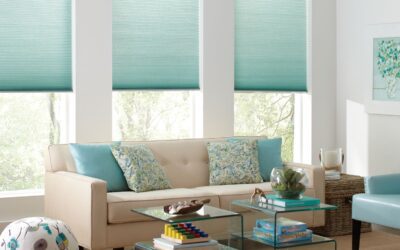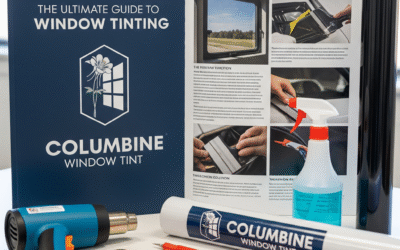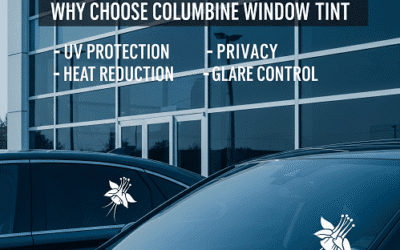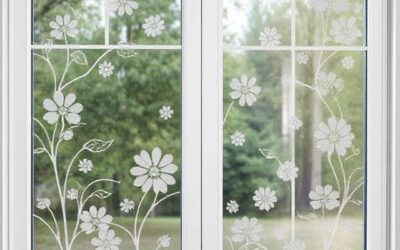5 Questions You Should Ask Before Getting Home Window Tinting
Home window tinting has many benefits that make it an easy decision for your next home improvement project. Now that you have decided to install residential window tinting on your home, where do you start? We suggest five questions to ask yourself when beginning the home window tinting process.
1. What is my goal for residential window tinting?
The first question we recommend asking yourself when looking to add home window tinting, and we believe the most important of all the questions, is what you are trying to accomplish with residential window tinting. Is your primary goal to save energy, reduce heat, and increase comfort? Or are you more interested in reducing glare or protecting against sun damage? You can receive many benefits from home window tinting, but we usually find a customer has one primary goal. Other possible benefits to consider for installing window tint on your home include gaining privacy, adding safety and security, and achieving a designer look for your glass. You may want to achieve more than one of these goals for all of your windows or have different desires for different windows. Once you have answered this question, you are ready to ask yourself the next.

2. Which window film will work best for me?
Now that you know what you want to achieve with residential window tint, you can narrow down your choices of window films. If your main goal is to gain complete privacy during the day and at night, then you need to choose a film that doesn’t allow vision in either direction, such as a frost or patterned film. On the other hand, if your main desire is to reduce the heat entering through your windows to increase comfort, then you would use a solar film, usually with a tone and some reflectivity.
It is possible to gain several benefits with one window film. For example, thicker solar security films can strengthen your window, reduce heat, save energy, increase comfort, block harmful UV rays, and simultaneously provide daytime privacy.
Another consideration when choosing a residential window film, which we get asked often, is which manufacturer to use; this is not as crucial as people often believe. We recommend choosing one of the more established window film manufacturers that have been around for a while, have a good warranty, and whose film works well to achieve your goal. Some leading manufacturers today are Madico, Sunscape, Avery, Llumar, Vista, 3M, SolarGard, Panorama, Suntek, Johnson, V-kool, Huper Optik, Solyx, and ASWF. This list is not extensive, and there may be others. Most of these manufacturers will have similar films to each other, will last a long time, and provide the same benefits to you.
Previously, we mentioned a good warranty for the window film that you chose. We were referring to the warranty on the window film itself, but it is also essential to look at the warranty provided for the glass. Some window films absorb too much heat and can cause some types of windows and glass to break. In this situation, the window can break due to heat build-up. Using a film from a manufacturer that provides a glass breakage warranty will allow you to see which types of windows and glass are safe for specific window films. These warranties raise our next question, who should install the window tint in your home?
3. Who Should Install the residential tint on my home?
Like any home improvement project, you can install a window film yourself. A professional installer, however, has much experience in providing a good, clean install that often looks better and lasts longer than when installed by an inexperienced homeowner. We do recommend using a professional window tint service provider near you for this reason, but even more importantly, working with a professional company will help protect you against glass breakage. Often, only a professional can buy the best brands of window film, and manufacturers typically require an approved window tint service provider to do the installation to receive the warranty for the film and the glass. We will find many customers who have purchased a film from one of the hardware stores that is unsafe to install on their type of glass.
4. Which windows should I include for tinting on my home?
Which windows to include is another question we often hear and one you should ask yourself. Some windows are more crucial than others, depending on your goal. If privacy is your goal, you may only need privacy on some windows. Or you may need total privacy on some windows and only need privacy during the day on others.
We find that the South, West, and East windows are more necessary for heat reduction or fading protection than those facing North in the United States, as we are in the northern hemisphere. Also, you may have many trees or a neighbor’s house that provides shading for some windows and not others. Customers often want residential window tinting on upper or arched windows where they don’t have window coverings while skipping the windows with blinds. We recommend doing both windows with and without blinds. Residential window tint film will help reduce heat even with windows that have blinds or other window coverings. Still, more importantly, they will protect the expensive window coverings from sun damage.

5. How much will home window tinting cost, and what will I gain?
So you can see how residential window tinting can help you, but you wonder how much it will cost. Costs can vary from region to region and between the different types of films. Window film can cost more if you are in a place with a high cost of living or an isolated area. Also, some window tints, like security films, often cost more than solar films. We recommend searching for “home window tinting near me” and finding out what your film would cost. Window film will typically pay for itself through savings by lowering the cost of cooling your home and reducing the fading on your furniture, floors, window coverings, and art inside your home. Plus, it is hard to put a price on the value of your increased comfort gained by reducing heat and glare.
Wrapping Up
The final question you should ask yourself before beginning the home window tinting process is how much it will cost and what benefits you will gain from the investment. The cost of home window tinting can vary depending on several factors, such as the location, the type of film you choose, and the size of your windows. Some window films, such as security films, may cost more than solar films. To get an idea of the cost, you can search for “home window tinting near me” and get quotes from local service providers. However, it’s important to keep in mind that window film will typically pay for itself over time through energy savings, reducing the cost of cooling your home and protecting your interior from sun damage and fading. Overall, home window tinting is a worthwhile investment that provides several benefits, so be sure to carefully consider your goals and budget before starting the process.
Follow Columbine Window for more insights!










